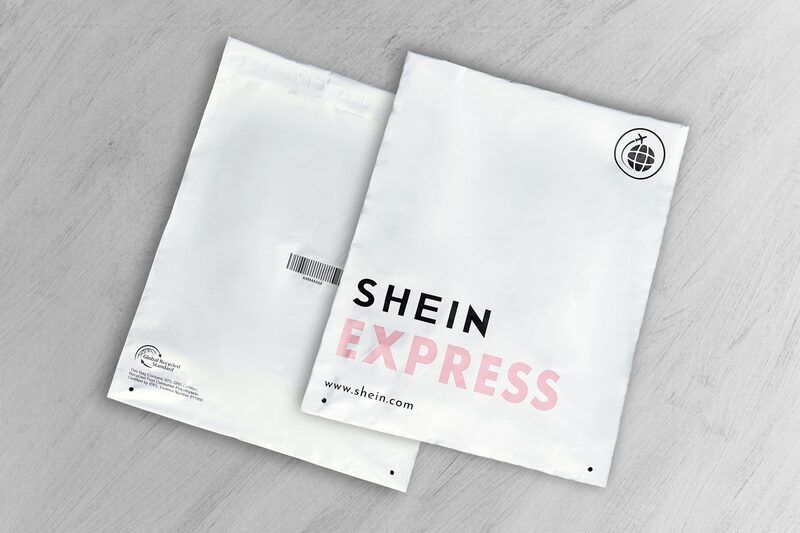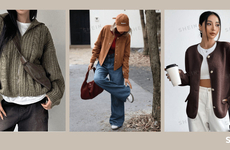
Shein Moves Away From its Fast Fashion Roots with New Manufacturing
Grace Mahas — March 15, 2023 — Eco
References: sheingroup
Beloved online fashion retailer SHEIN embraces an on-demand manufacturing model that reduces production waste and aligns with consumer demands. By initially producing small batches of each style (100-200 pieces), SHEIN can gauge market response in real-time and scale production only if necessary. This approach has reduced unsold inventory levels to single digits, compared to the industry average of 30%.
SHEIN's commitment to sustainability extends to various aspects of its operations, including raw materials, technology, packaging, and recycling. Since 2018, the company has adopted thermal digital transfer printing in fabric production, saving billions of liters of water worldwide. Additionally, in 2022, SHEIN launched evoluSHEIN, a purpose-driven fashion collection utilizing eco-conscious fabrics and 100% recycled PE packaging. The brand also introduced sustainable polybag mailers containing 50% recycled PE plastic.
SHEIN's on-demand manufacturing and sustainable practices demonstrate the potential business benefits of embracing eco-friendly solutions in the fashion industry.
SHEIN's commitment to sustainability extends to various aspects of its operations, including raw materials, technology, packaging, and recycling. Since 2018, the company has adopted thermal digital transfer printing in fabric production, saving billions of liters of water worldwide. Additionally, in 2022, SHEIN launched evoluSHEIN, a purpose-driven fashion collection utilizing eco-conscious fabrics and 100% recycled PE packaging. The brand also introduced sustainable polybag mailers containing 50% recycled PE plastic.
SHEIN's on-demand manufacturing and sustainable practices demonstrate the potential business benefits of embracing eco-friendly solutions in the fashion industry.
Trend Themes
1. On-demand Manufacturing - Adopting an on-demand manufacturing model allows for real-time market response and reduced unsold inventory levels.
2. Sustainable Fashion - Brands can benefit from incorporating eco-friendly solutions in fabric production, packaging, and recycling.
3. Purpose-driven Collections - Introducing collections made of eco-conscious fabrics and using recycled packaging can appeal to a growing segment of consumers who prioritize sustainability.
Industry Implications
1. Fashion - The fashion industry can benefit from adopting on-demand manufacturing and sustainable practices to reduce waste and meet changing consumer demands.
2. Textile Manufacturing - Incorporating eco-friendly fabric production technologies, such as thermal digital transfer printing, can reduce water usage and appeal to environmentally conscious consumers.
3. Packaging - Using sustainable packaging solutions, such as recycled PE plastic, can appeal to eco-conscious consumers and reduce environmental impact.
7.2
Score
Popularity
Activity
Freshness























